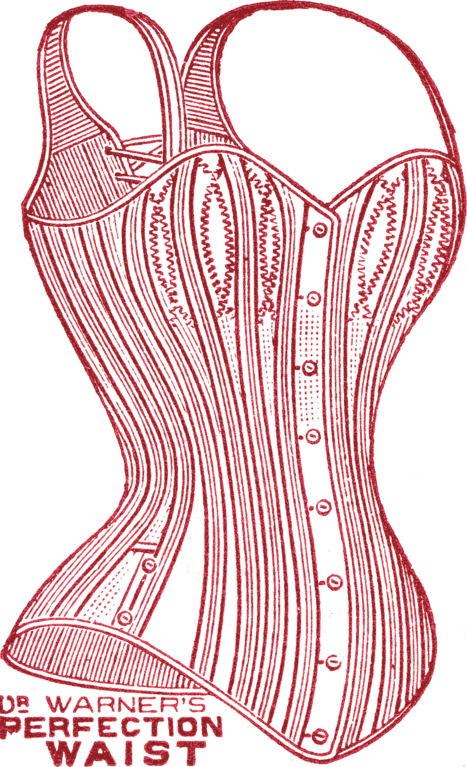Advertisement
Project Louise: Let's Stop Trying To Be Perfect

“Perfect is the enemy of good.”
Don Murray, a writer, writing coach and professor whom I sometimes edited at the Boston Globe, used to say that all the time. It took me a while to absorb it, because I had grown up being taught to aim for perfection. But it’s true.
If you expect yourself to be perfect, you may get so tied up in knots that you won’t even manage to be good. And, conversely, if you let go of perfection, you may get better results than you'd ever dreamed — as I did on the scale this week. (More on that later.)
Don taught me to write something, anything, just get it up on the screen and then worry about polishing it later – and, at some point, stop polishing it and just turn the damn thing in. Deadlines make that easier; you can’t keep polishing forever with an editor breathing down your neck.
So, when it came to writing, I got pretty good at abandoning my hopes of perfection. When it came to living, though, not so much.
I couldn’t just have a fairly clean house – it needed to be spotless. I couldn’t just serve dinner every night – it needed to be entirely homemade, absolutely healthful and completely delicious. And I couldn’t just exercise a little – I needed to do it exactly right, or not do it all.
And that’s the problem with perfectionism: If I wasn’t doing it perfectly, why bother to do it at all? The dust bunnies, pizza boxes and abandoned treadmill in my house speak all too eloquently of the results. Perfect is, indeed, the enemy of good.
In a nutshell, that’s why I jumped at the proposal to do Project Louise. First of all, I’d have a bunch of deadlines: a weekly one, to show up and report what I’d done, and the end-of-year one, reminding me every time I thought about it that I was aiming for solid, measurable improvement in a specified period of time. I wasn’t just vaguely vowing to get healthier; I was promising to take active steps, every week, toward a permanent change in how I live my life.
It also seemed to me that having a whole year to make these changes, and having a huge team supporting me along the way, would make it easier for me to accept the idea of gradual, sustainable change. I wouldn’t have to do anything overnight; as I instinctively knew, and as my coaches have reminded me from the start, it was more important to take small but permanent steps forward, and to give myself permission to mess up along the way, than to try to get everything “perfect” from the start.
But lately I’ve found myself beset by questions of whether I’m doing it “right.”
I thought I “should” be going to the gym three or even four times a week by now; I thought I should be eating a perfectly balanced, nutritionally sound assortment of foods at every single meal. I thought I should be losing exactly a pound a week.
Instead, I seem to manage getting to the gym about twice a week. Sometimes only once. And, yes, I’ve also been going to a weekend yoga class, but doesn’t that mean I should be practicing yoga at home every day?
I’m also generally eating better, but I still have a glass of wine several times a week – and a few times that one glass has turned into two. Plus, let’s not forget the Cheez-Its. I upgraded to Triscuits this week – hey, they’re 100 percent whole wheat! And I bought the reduced-fat version! – but is that really an improvement to brag about?
Well, actually, maybe it is. For one thing, I’m noticing when I eat the Triscuits, rather than just mindlessly wandering into the kitchen and scarfing down a handful before I realize what I’m doing. I’m pausing to ask myself if I’m really hungry, and if what I’m really hungry for is Triscuits, and only if I answer yes to both questions do I take two or three out of the box – and then put the box back on the shelf. So I enjoy them, and I don’t feel guilty about them, and that makes it easier to eat just a few.
Now I need to start practicing the same kind of thoughtfulness about exercise. You may have noticed how many times the word “should” crops up when I talk about exercise. I should go to the gym, I should work out harder, I should practice yoga … What if instead I say, “I want to go to the gym.” “I want to lift more weight.” “I want to take an hour to myself and practice yoga.” And even, sometimes, “I don’t feel like going to the gym today, and that’s OK. I’ll go tomorrow.”
Because the thing is, beating up on yourself is exhausting, and it hurts, and as far as I can tell it doesn’t even burn any calories. But gently encouraging myself to do something that will make me feel better, and even cutting myself some slack once in a while – that’s not so hard.
And, what do you know, it seems to work. I haven’t lost exactly one pound a week. One week I even gained two pounds. But this is the ninth week of Project Louise, and when I weighed myself on Friday, the scale said: 180. Nine pounds lower than when I began.
I’d be tempted to call that “perfect,” but I think I’ll just keep it at “good.”
Readers, does perfectionism get in your way? And have you found strategies for getting past it? How is your own fitness project going, and what help could you use?
